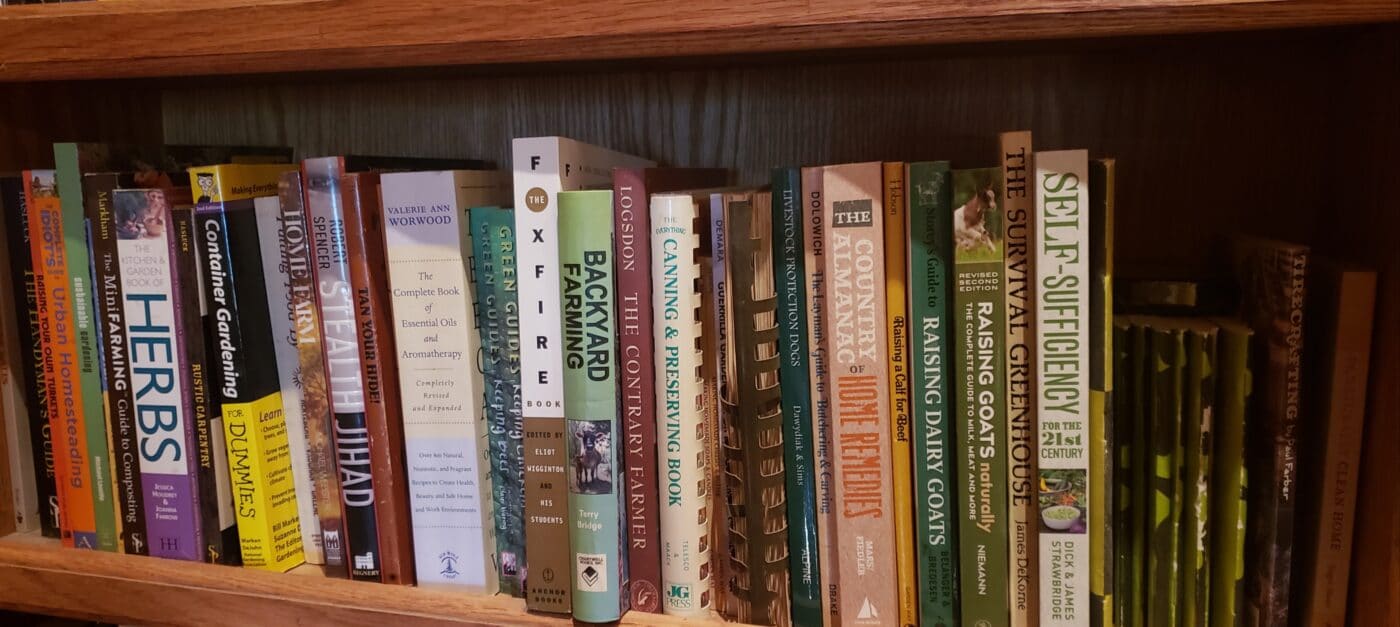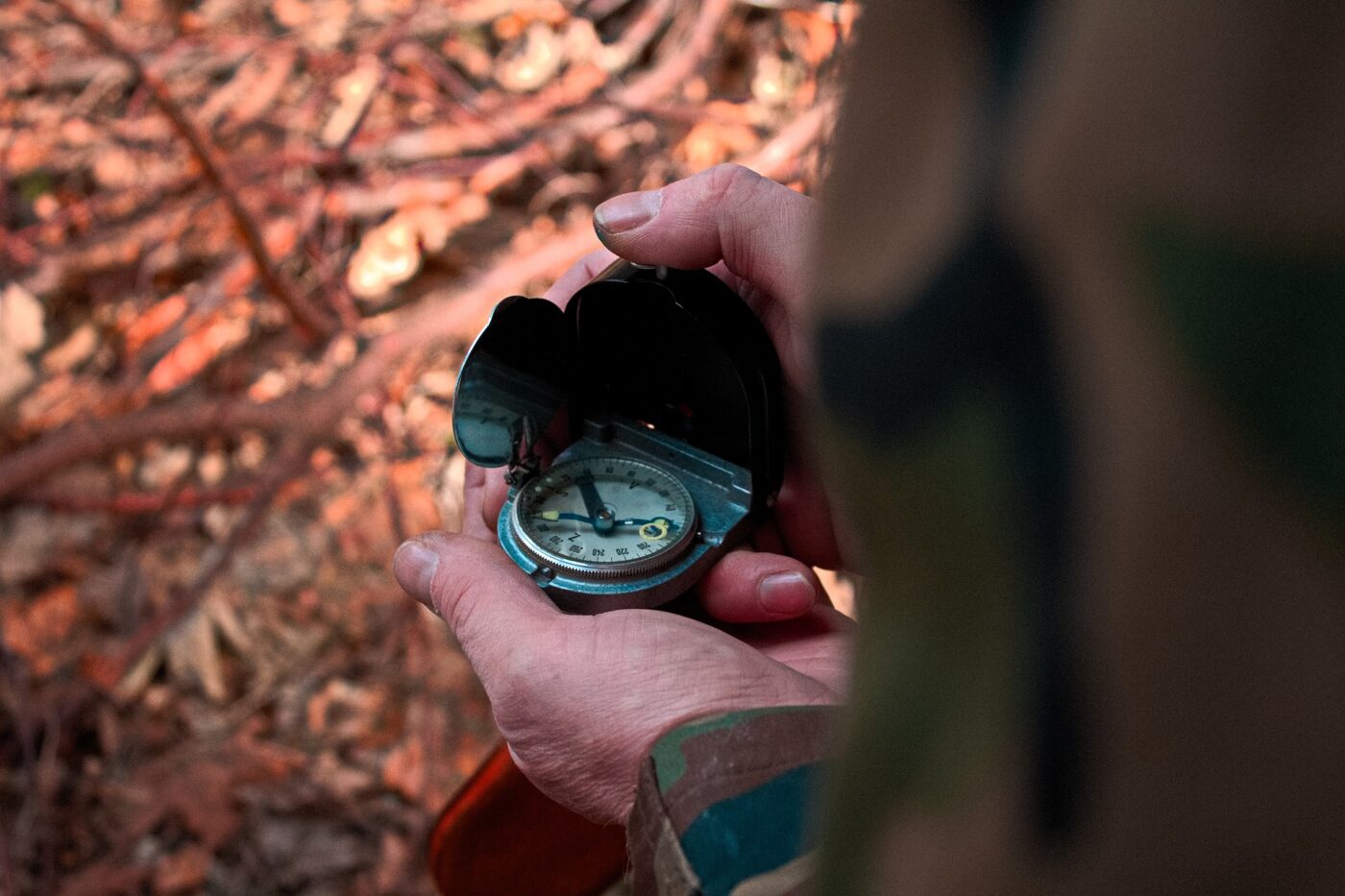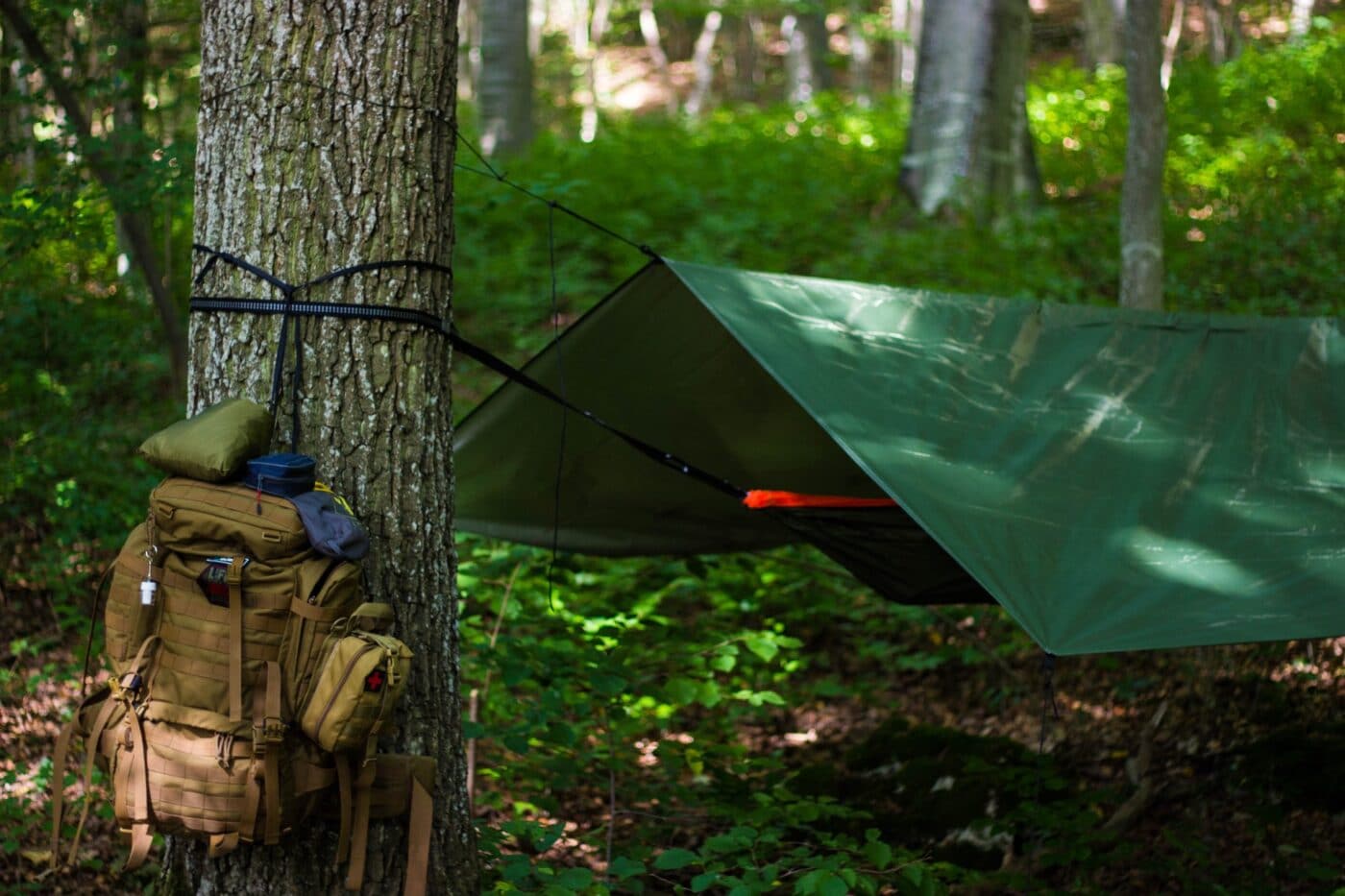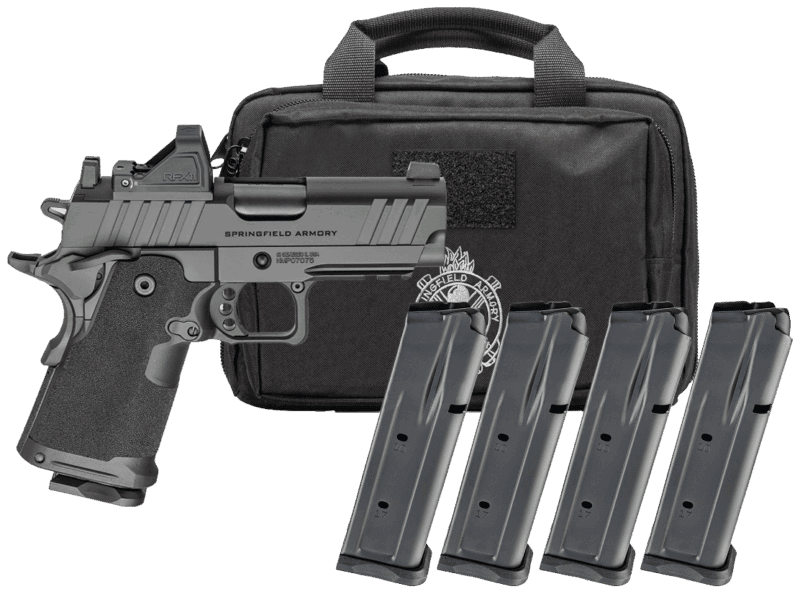Survival Library: What Books Do You Need?
January 11th, 2022
5 minute read
Being able to survive in a variety of situations is the result of both factual knowledge and practical experience. Without first gaining the knowledge, however, getting the experience can be pretty rough — and in some cases, dangerous. If you’re just getting into prepping or survival, you’ll need to do some studying.

While many people new to survival think that having the latest and greatest gear is necessary, the truth is that all the gear in the world won’t serve as a substitute for knowing what to do with it. In addition, different survival scenarios call for different approaches. If you’re out in the middle of nowhere after having gotten lost on a hunting trip, for instance, a fire can be a critical element to your making it out. In an urban post-disaster scenario, however, building a fire might be the worst possible decision you can make. Understanding what to do and when to do it comes with knowledge — and some of that can come from books.
Like any other subject, books on survival number in the hundreds or more. How do you know which ones to buy? Where can you find them? And should you be getting them on a tablet or other device for handy use, or getting the paper version so you have it no matter what? Let’s take a look at how to get your survival library going, and what should be in it.
Study What You Don’t Know
Maybe you’re an avid camper or hunter, used to living in the woods overnight for short periods. You’ve made fire successfully in a variety of conditions, you’ve hunted and field dressed your game, and you’re even adept at making shelters. That’s fantastic — and it means that buying a bunch of beginners “how to survive overnight” books are pretty pointless.

Instead, focus on things you don’t know how to do, and use scenarios most likely to be your survival experience.
Homestead Survival
If you’re already living in a remote area and working on sustainability, get books on homesteading and maximizing your ability to live off your land, which will help you survive a food shortage or societal shutdown. Chances are you won’t be striking off into the woods; instead, you’ll be bugging in. Get information that helps you be as effective as possible at doing that.

Don’t limit your selection to books on gardening or even raising animals; think outside the box to include other facets of surviving on the homestead.
- Building things out of tires, pallets or other recycled material
- Creating retaining walls and other terrain features that have a function
- Increasing the natural heating or cooling capability of your home
- Creating power through solar or hydro means
- Mastering hydroponics and aquaponics (Check out our article on how to grow food using the Kratky method.)
- Old-school ways of preserving food: refrigeration, curing, smoking, etc.
- Developing rain and snow collection systems
- Ways to make your property more defensible, including using the terrain, adding defenses or even adding guard animals
There’s no end to what you can learn to do with a book, and you might be surprised at what’s out there. While digital books are convenient and easy to take with you, having a physical copy of the book to refer to even in a power-down situation is priceless.

Urban Survival
If you’re currently living in an urban environment, survival will look a lot different. Instead of worrying about how to sustainably breed your chickens for maximum egg and meat output, for instance, you’re going to be looking for a whole other set of skills. Selco’s books on his experience in the 1990s while living in the Balkans are excellent places to get started on urban survival. They’ll get you into the right mindset and teach you a lot of tips and tricks along the way.

Other good sources of information are military manuals and handbooks. Most of them are available online for free. They’re mostly public information, after all, and even the ones that aren’t can still be found fairly easily.
Bugging Out
If you’ve decided that your survival scenario includes trekking to a new location in the event of a disaster, then your library should include books on topics like recognizing edible plants in your area, topographic maps, land navigation, and quite frankly, some hardcore physical fitness materials because bugging out is not for the weak or the out of shape.
Where Can You Find the Books?
The books you need are everywhere. You can find them on Amazon or other online retailers, but I’ve found the most success going to used bookstores.

Old school ways of doing things don’t change, and the older the book, sometimes the better it is. Steer clear of “fad” type survival books that promise the “newest” or “revolutionary” way of doing something. Sure, sometimes the new ways pay off, but there’s a reason why old ways lasted so long.
Conclusion
Once you find the books you need, take the time to read them! Don’t just put them on a shelf thinking you can read them when you need them. Practice the things you’re learning; go on a foraging hike for edible plants, do a test run bugging out of your neighborhood, try to “break in” to your own property like looters would, or go the weekend without power or water. Don’t be afraid to modify what you learn for your scenario, and then test that too.
The more you study and practice now, the better off you’ll be — and the more your knowledge library will be worth to you.
Editor’s Note: Please be sure to check out The Armory Life Forum, where you can comment about our daily articles, as well as just talk guns and gear. Click the “Go To Forum Thread” link below to jump in!
Join the Discussion
Continue Reading
Did you enjoy this article?

 95
95






